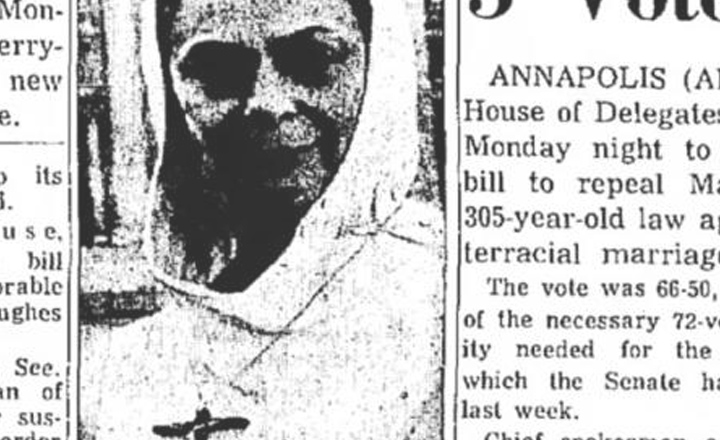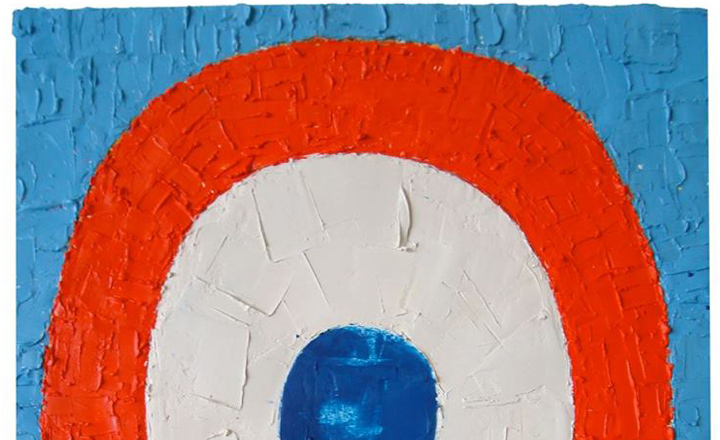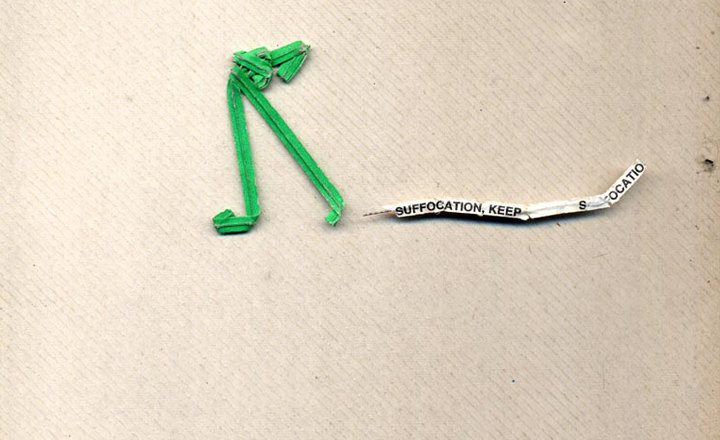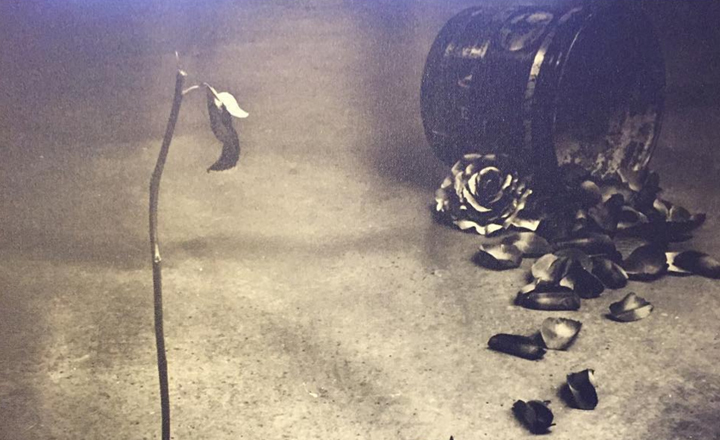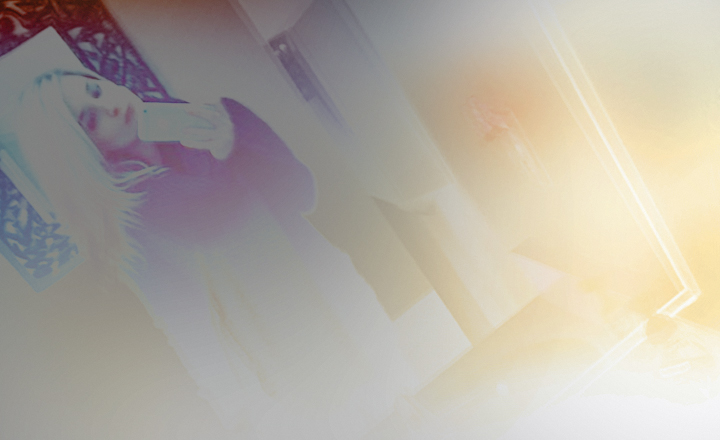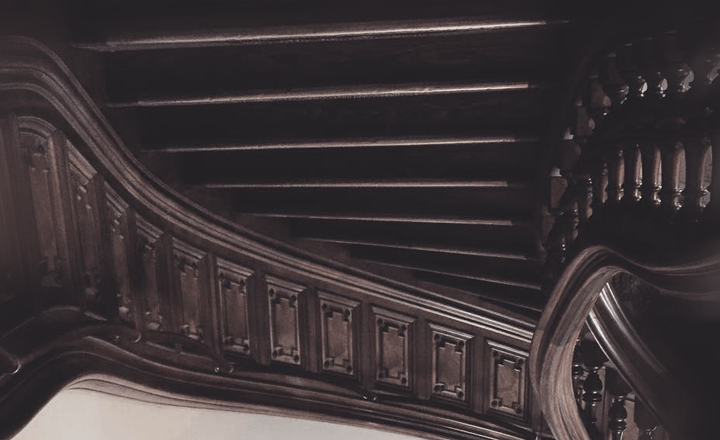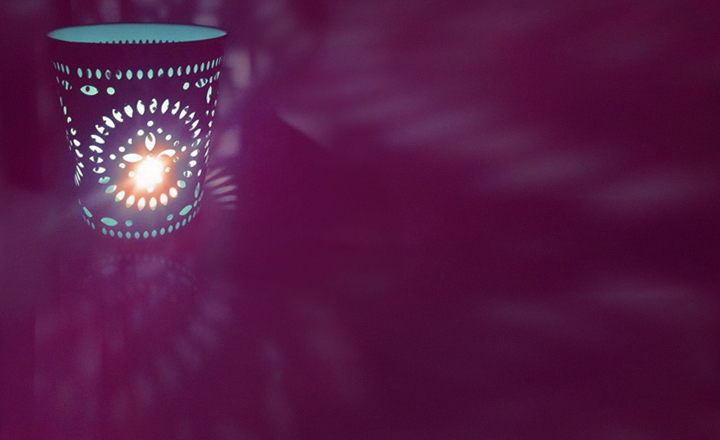Yesterday, on Mother’s day, I like to dwell on the fact that my own was a train wreck. If you had a wonderful Mother – how lucky you are. Not all mothers are generous, not all mothers are good. Because I’m not alone in this –
I’m “out” about it.
I’m rubbing my thumb and index finger together, playing a tiny violin. Because my mother cried every day of her life, and I was her constant companion and solo witness, I’m averse to extreme displays of emotion.
Putting one’s tragedies on show is repellent to me. Again, we’re not staying here – and yet, here we are.
“Guilt is Good.” —Ruth Frank Rosenwald
ruth ro͞oTH/
nounarchaic
noun: ruth – a feeling of pity, distress, or grief.
She did the best she could. I was fed, cared for and clothed.
In the ’60s, to protest the Vietnam War she went on hunger strikes, and threatened to set herself on fire. You know how it is. Self-immolation was a noble trend at the time in the Buddhist Monk Community, but in the “Moms-from-my-Middle-School” Community, it was pretty much frowned upon. See photo.

In 1939, my mother’s mother, Laura Perley Frank, committed suicide. I know little about Laura except that she was diabetic, enjoyed a game of mah-jongg, and was a fantastic cook. Her specialty was pastry, which she couldn’t eat because of her medical condition. I assume that she was bipolar, although I don’t really understand the term. I guess I ought to by now. Ruth was nineteen.
Ruth’s own emotional instability was evident from an even earlier age. I remember her telling me that her troubles stemmed from the quandary, “Where does thought itself come from?” but I don’t see why that should drive you particularly crazy.
In her 20s, after a few suicidal “episodes” Ruth spent some quality time in a mental hospital, where drugs and shock treatments were administered to her while straitjacketed. Understandably, this experience caused a lifelong mistrust of psychotropic drugs, as well as permanent injury to her shoulders, which would dislocate under stressful situations, of which there were plenty. In the 90s I finally got her to try Prozac, but she quit after a few days, claiming the popularity of the drug signaled a conspiracy by the “old boy’s club” — the A.M.A. — to keep women down. I’m convinced the new S.S.R.I. drugs could have helped her immensely. But Ruth didn’t want to be healthy or happy. She wanted pity. And you can’t help someone who just wants pity. It took me a lifetime to figure that one out.
Laura and Ruth’s relationship was distant. And Laura’s end so tragic. So why did my mother name me Laurie? Is it advisable to pay homage to a suicide? Who does this? Certainly not the Jews. Nobody. When I confronted my mother with the question, she became upset, defending her choice as a natural one. Then again, upset was my mother’s natural status. She explained, by her twisted lights, that Laura was the sad, bad Laura, and I, Laurie, was going to be the happy, good Laura. Thus, from birth, I had a job – to give the love and support to my mother that she never got from hers, the bad Laura. A big job for a baby. One I could never quit.
So what happened to snapshot Ruthie, the fun-loving, beer swilling, low-cut beatnik babe that shacked up in Harlem with that “crazy” sculptor cat? Ruth was a superb beauty. The cat’s pajamas. The living end. I don’t know why she couldn’t enjoy it.
“There are only two types of women: Goddesses and doormats.” —Picasso
Untrue, say I. Ruth was neither – she was a proud virgin, whatever my existence may prove. When one —— threatened her marriage, Ruth didn’t stay and fight. My naïve and innocent mother was so hurt and shocked by this attraction that she pushed Bob away. Adultery was unthinkable, in her nun-like mind. In fact, I remember her telling me that, for her, as a lover, only the goodness of Jesus would do. It was all or nothing. Ruth, ever the drama queen, chose nothing, and ended up with just that.
As an ugly woman, one who would have made the most of the gift of beauty, this sure does disturb me. What a waste. With her good looks, I would have slutted it up, with great relish and contentment.
As a divorcee, Ruth’s looks became a liability. She wanted to be adored for some other, loftier reason, not because she was gorgeous and stacked. She was possessed by a passionate prudishness fueled by hurt and rage. After Bob’s treachery she couldn’t trust any man. She never remarried, though she had plenty of chances. She dated the handsome African American actor Dick Gregory. Sascha the worldly Russian invited her to visit his diamond mines in Tanzania. The popular talk show host David Susskind attacked her in a rowboat on Central Park Lake. Young ——, the sensitive artist, wrote her fervent love letters from Italy. In blood. Long letters. Ugh. Ruth seemed to attract passionate nut jobs of every uneven stripe. In Connecticut, hunky —— barked like a dog. How I despised him! When —— proposed, it may well have been me who scotched the deal. At ten, I was wearing the pants. Sometimes, they were culottes. Sometimes, pedal-pushers.
I have a theory that many weak and needy people get what they want through the quiet, devious power of doing nothing. Others show up to fill in the blanks. My mother cannily used the awesome method of helplessness. I stepped up – up to a point. And not forever. I hope she found Peace in some kind of afterlife, because when she was alive, she suffered, and it was War.
—laurie rosenwald
Flommist Laurie Rosenwald is an American illustrator, author, artist, and designer. Copyright © 2016 Laurie Rosenwald.
PLEASE SUPPORT FLOMM
TIPS + DONATIONS DISCREETLY ACCEPTED






